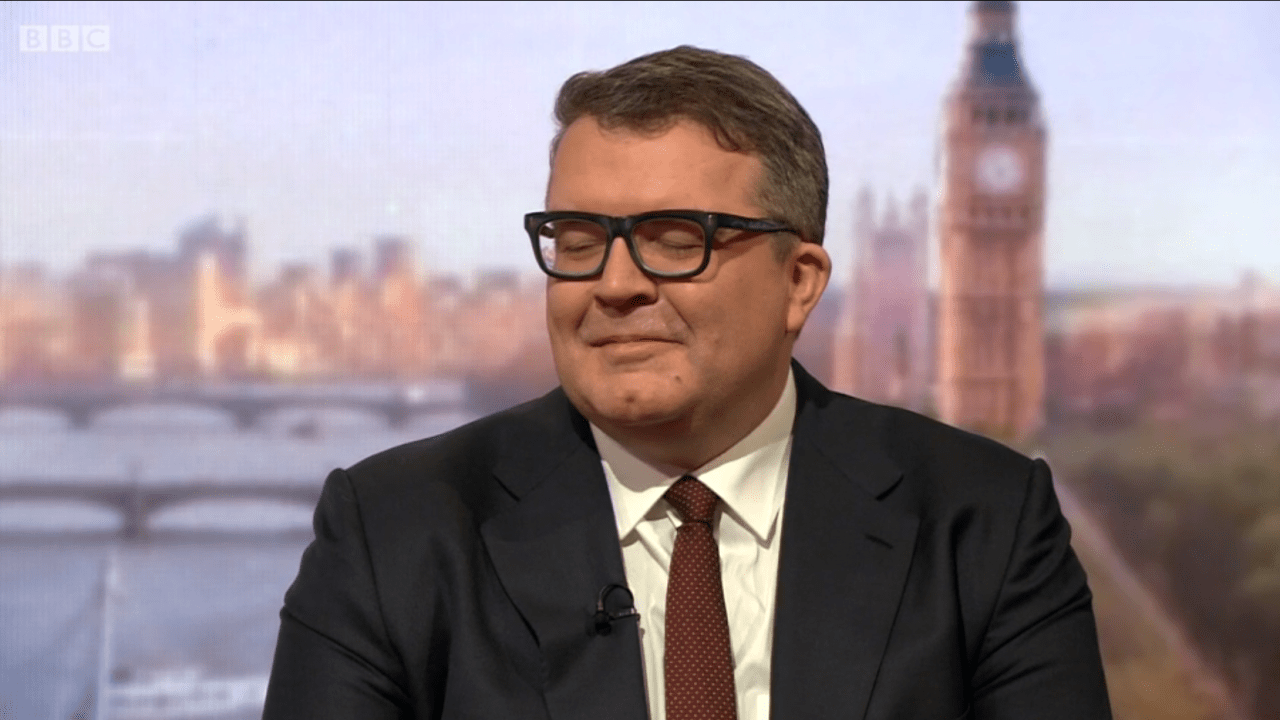24 hours into his leadership and Jeremy Corbyn is already defying the conventions of being an opposition leader. He cancelled a long-scheduled appearance on the Andrew Marr Show — but found time to attend an event in his constituency — leaving it to the party’s new deputy leader Tom Watson explain to the nation what Labour has just done. Watson’s appearance suggested he is not going to be an easily-controlled disciple — he has his own agenda to reform the Labour party. One of Watson’s main areas of concern is to reform the party’s internal structures:
‘I’ve stood on a platform … I’ve got my own mandate to reform the Labour Party. I think the Labour Party needs organisational change if we’re to win in 2020. But I’ve also been very honest about where I stand in that process and the members have given me my own mandate, and I guess what that says is let’s give our democracy back to Labour Party members and let’s have a democratic decision on that through our own internal mechanisms and we’ll all have to adhere to that. Now that’s not going to be easy.’
There are some areas where Watson and Corbyn are on the same page, and others where they are not. Watson was loyal to the new leader throughout, saying there is ‘zero chance’ of him being toppled by the next election while reeling off kind words about his principles and policies. But he also made clear that there are some policy areas where they will never agree. For example, nuclear weapons:
‘My views on Trident are very well known. There has to be a discussion about that, and I’m hoping that the party will come together around this issue. We don’t need nuclear weapons. We need to keep those people who make them in good jobs so we have defence diversification. But we need to fulfil our obligations under the non-proliferation treaty.’
The relationship between Corbyn and Watson is going to be one of the most fascinating to watch over the next few years. The Tom and Jerry of British politics may have been elected on the same populist tide within the Labour party but they are very different figures — one is from the hard-left and publicity shy, the other is more centrist and hungry for attention. This could work to the new leaders’ advantage, or it could fall apart if the pair hit some fundamental disagreements.






Comments